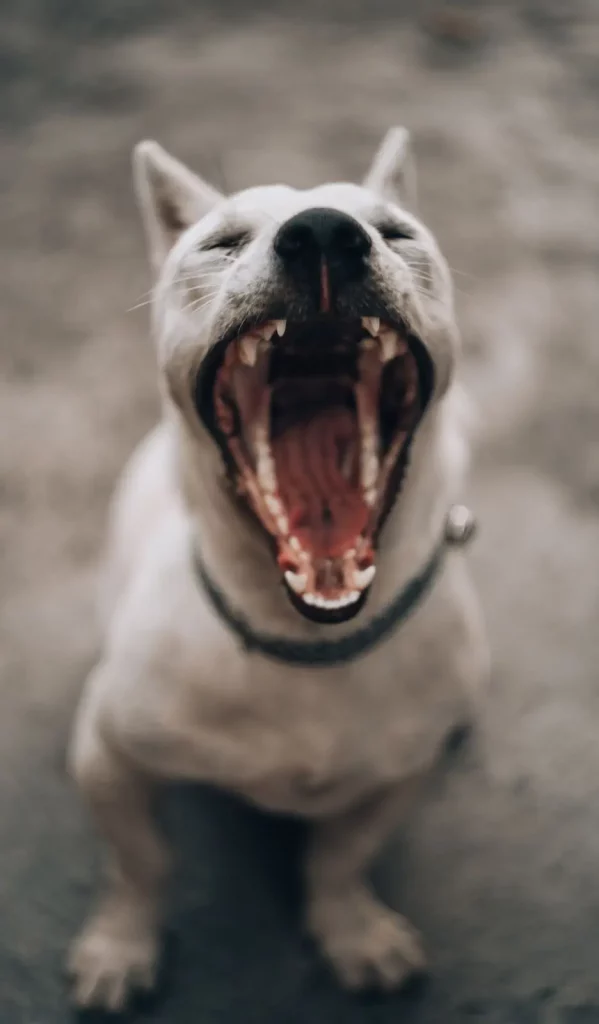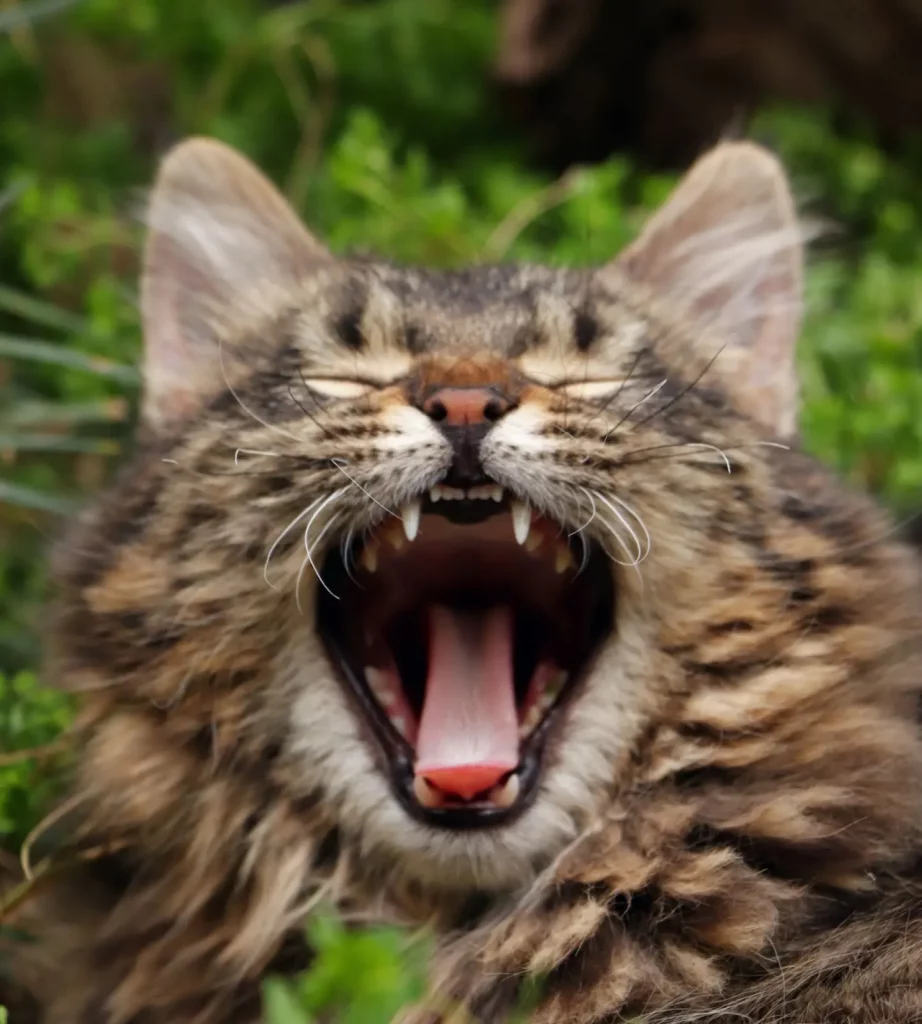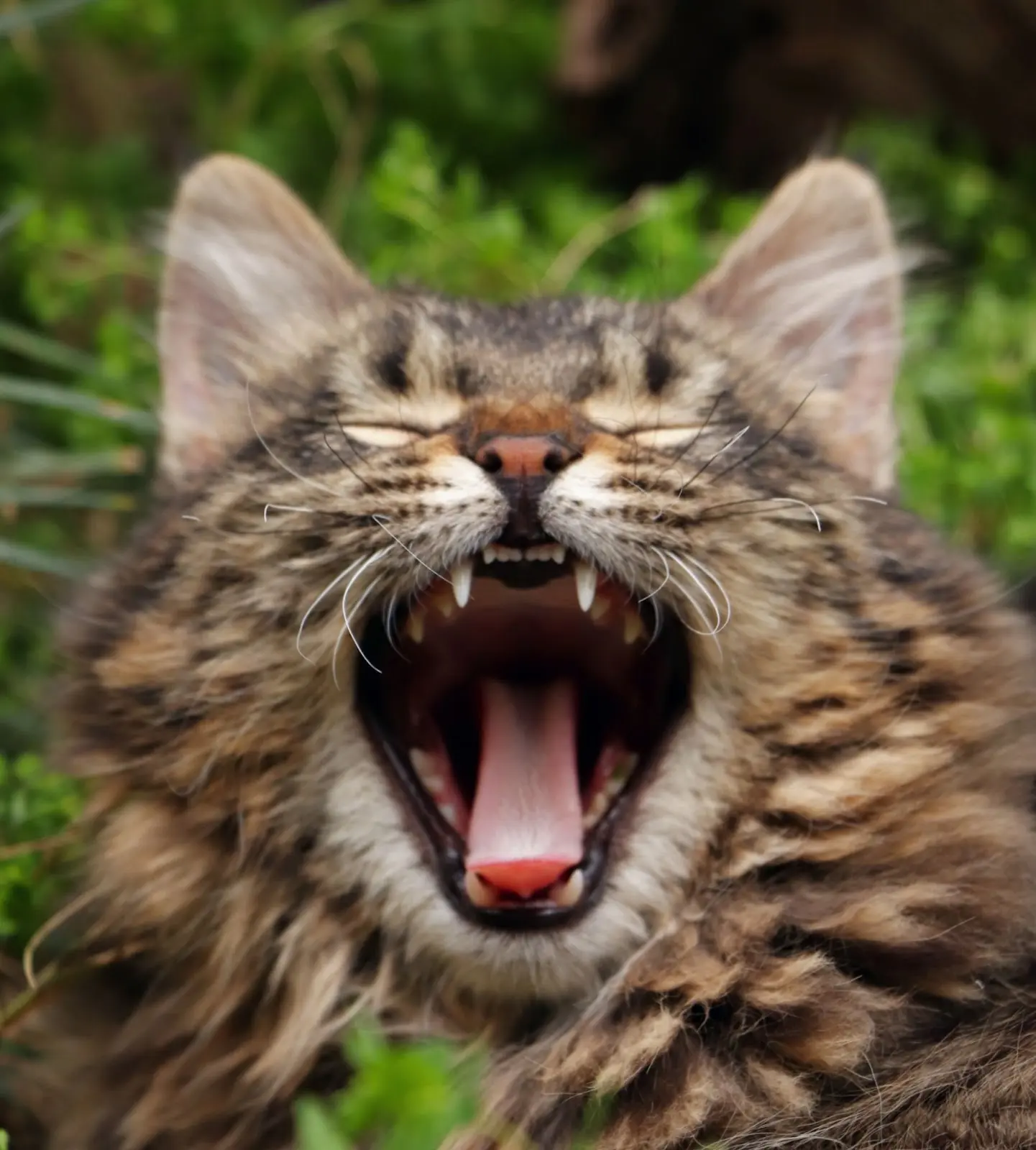Your pets use their mouth for just about everything from showing you affection to tearing apart a toy, so their mouth needs the best care possible. It can be really overwhelming to be in charge of your dog’s or cat’s teeth, and if you have more than one pet in your care, it may seem impossible. Whether you decide to add regular care to your daily routine or go to a professional for cleanings, there are plenty of options and you are sure to find a solution that will work for you. In this blog, we will provide you with an overview of various types of pet oral health, care, and treatment options so that your furry friend can keep doing the activities they love. If you need someone to walk you through the steps, call our dedicated staff at Sinton Vet, and we will help you with everything we can; we look forward to working with you!

Preventive Care
The best way to tackle dental care is to consistently practice preventive care, so you only have to deal with the smaller issues. Just like how you brush your teeth everyday, your pet needs to have their teeth brushed to keep them healthy. Brushing your pup’s or kitten’s teeth on a regular basis allows you to monitor their oral health and actually witness their mouth become healthier. Look for a soft-bristled brush specifically designed for animal mouths. When you are brushing their teeth, move the brush in a circular motion along the gum line to get the best results possible. We recommend making the experience enjoyable for your pet so that the process isn’t painful or drawn out, and you can do that by rewarding them with treats! If your pet does not let you brush their teeth, we recommend a professional cleaning, but if you do not want to go that route, there are some great products that will accomplish just about the same as a toothbrush. The most important thing is to make sure your pet’s teeth are clean and pain-free, so prevent any issues with regular care!
Preventing What?
When you brush your pet’s teeth, you maintain their dental health and prevent major problems from arising in the future. When you brush your pet’s teeth at least once a week, you will:
- Remove plaque
- Attack tartar
- Prevent gum disease
- Monitor broken or rotten roots
- Notice tumors
- Freshen breath
We want to avoid long-term issues at all costs, so prevention is absolutely essential. Most of the listed ailments are really painful problems that will worsen your animal’s quality of life, and that is exactly what we want to avoid. The good news is that you do not need to take care of these problems on your own, and we at Sinton Clinic want to lend a helping hand wherever we can. That’s where professional cleanings come in.

Professional Cleanings
When you go to a vet, they will talk to you about your pet’s oral health because of how important it is to their overall health. During that conversation, they will let you know they offer professional cleanings, which are an extremely efficient way to monitor and clean your pet’s teeth. About every six months or so, the vet will clean away plaque buildup from the nooks and crannies, check for cavities, and assess any problems. And in addition, your vet will polish their teeth, so they have a bright, winning smile. Depending on your pet’s mouth, they may need to take a few extra measures to ensure that everything is healthy and intact. For example, if your vet notices some problems with the root of the teeth, x-rays may be necessary to see what’s going on under the gum line. And if any problems are found, your vet will quickly take precautions, check with you, and find a solution as soon as possible. There are plenty of treatment options depending on the problem, so let’s talk about some of the most common ones.
Treatment Options
If a problem is detected during a professional cleaning or examination, your vet may recommend one or more treatment options depending on what they find. Before treating the problem, your vet should reach out to you for permission and to discuss their findings. They may tell you about treatment options, including: fillings, crowns, extractions, root canals, and even braces! Each option has their varied pros and cons, so the decision is ultimately yours, but discuss any concerns or questions with the professional while you’re still on the line. Most of these treatments are done under general anesthesia to make the process safer and comfortable for both the staff and the animal getting work done. In addition, the general anesthesia will allow the vet staff to accurately fix the issue, with little to no collateral damage. Talk to your vet and come up with a solution you feel comfortable with before going through any procedures or treatment options.
In the End…
Ensuring your pet has the best life possible includes many moving parts, but now you know where to start! An animal’s oral health is an essential part of their overall health, so take some preventative measures. We’ve discussed at-home options, as well as what to expect when with a professional, so you have plenty of care options to choose from. By following the tips and tricks we laid out, your pet will have a healthier, happier mouth and thus, quality of life. You do not need to take on this care by yourself, so please reach out to a trusted professional to determine a good dental health plan. If you are looking for a professional to trust, look no further! Sinton Vet Clinic staff is experienced and passionate about the animals that come through our door, so do not hesitate to reach out! Give us a call at (361) 364-4551, or come by in person to get the best care you can imagine!





